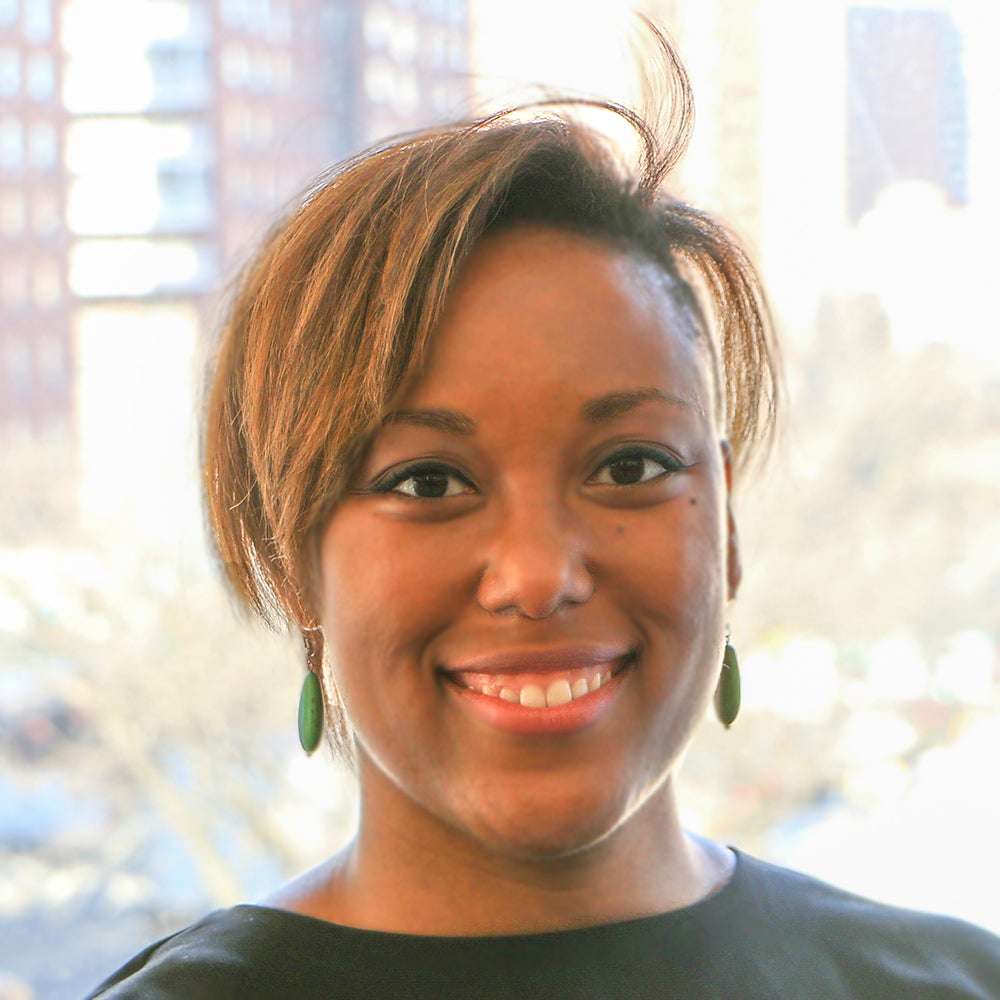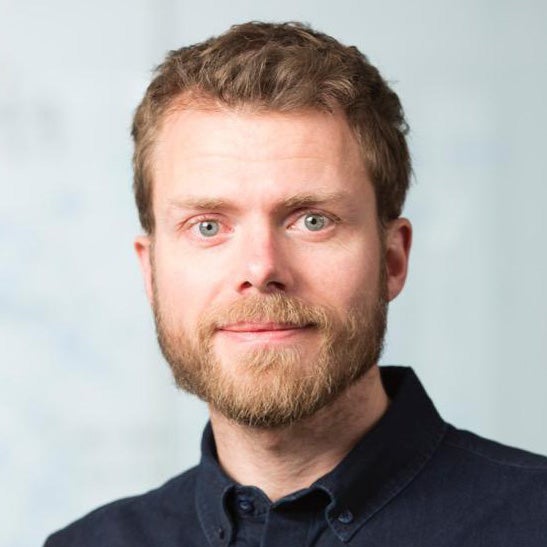Big Data, Tech, & Social Justice
Understanding and connecting STEAM and social justice to solve community problems is at the core of Our Future Is Science initiatives. Dr. Pierre Gentine and Dr. Courtney Cogburn, professors at Columbia University, are working with colleagues to predict climate changes at the new Center for Learning the Earth with Artificial Intelligence and Physics (LEAP), which is directed by Dr. Gentine.
With a mission to create a new discipline that combines climate science, data science, and AI (machine learning), their research efforts ultimately aim to reduce uncertainty around climate projections so that we will one day be able to answer questions such as, “How many heatwave days will there be in the year 2050?”
In their April 6th talk, Drs. Gentine and Cogburn will discuss their efforts at LEAP as well as their goal to transfer knowledge—through an equity and inclusivity lens—to diverse communities most vulnerable to climate change.
The event is free, and members of the public are welcome to attend.
 Courtney Cogburn, Ph.D., is an associate professor at the Columbia University School of Social Work and faculty of the Columbia Population Research Center and Data Science Institute where she co-chairs the Computational Social Science Working Group. She employs a transdisciplinary approach to improve the characterization and measurement of racism, and in examining the role of racism in the production of racial inequities in health. Dr. Cogburn’s work also explores media as a social stressor that contributes to racial inequities in health. She also works at the intersection of emerging technology and social justice. She is the lead creator of 1000 Cut Journey, an immersive virtual reality experience of racism that premiered at the 2018 Tribeca Film Festival, and is also the co-founder of the Justice Equity and Technology Studio at Columbia. Dr. Cogburn is a member of the American Medical Association’s External Equity & Innovation Advisory Group, the Robert Wood Johnson Foundation (RWJF) Health Equity Collective, and also serves as the Chief Equity Officer and Knowledge Transfer Director of the Learning the Earth with Artificial Intelligence and Physics (LEAP), an NSF Science and Technology Center (STC). Dr. Cogburn completed postdoctoral training at Harvard University in the RWJF Health & Society Scholar Program and at the Institute for Social Research at the University of Michigan. She received her Ph.D. in Education and Psychology and an MSW from the University of Michigan and completed her BA in Psychology at the University of Virginia.
Courtney Cogburn, Ph.D., is an associate professor at the Columbia University School of Social Work and faculty of the Columbia Population Research Center and Data Science Institute where she co-chairs the Computational Social Science Working Group. She employs a transdisciplinary approach to improve the characterization and measurement of racism, and in examining the role of racism in the production of racial inequities in health. Dr. Cogburn’s work also explores media as a social stressor that contributes to racial inequities in health. She also works at the intersection of emerging technology and social justice. She is the lead creator of 1000 Cut Journey, an immersive virtual reality experience of racism that premiered at the 2018 Tribeca Film Festival, and is also the co-founder of the Justice Equity and Technology Studio at Columbia. Dr. Cogburn is a member of the American Medical Association’s External Equity & Innovation Advisory Group, the Robert Wood Johnson Foundation (RWJF) Health Equity Collective, and also serves as the Chief Equity Officer and Knowledge Transfer Director of the Learning the Earth with Artificial Intelligence and Physics (LEAP), an NSF Science and Technology Center (STC). Dr. Cogburn completed postdoctoral training at Harvard University in the RWJF Health & Society Scholar Program and at the Institute for Social Research at the University of Michigan. She received her Ph.D. in Education and Psychology and an MSW from the University of Michigan and completed her BA in Psychology at the University of Virginia.
 Pierre Gentine, Ph.D., is an Associate Professor in the Department of Earth and Environmental Engineering in the School of Engineering and Applied Sciences. He is an Investigator in the Columbia Water Center and a director of the Graduate Program in Earth and Environmental Engineering. Dr. Gentine investigates the continental hydrologic cycle through land-atmosphere interaction, boundary layer turbulence, convection, ecohydrology and remote sensing. He received his undergraduate degree from SupAéro, in France. He earned his Ph.D. in Civil and Environmental Engineering at MIT in 2010. He joined the faculty at Columbia in 2010 as an instructor in applied mathematics and then as a tenure track assistant professor in Earth and Environmental Engineering in 2011.
Pierre Gentine, Ph.D., is an Associate Professor in the Department of Earth and Environmental Engineering in the School of Engineering and Applied Sciences. He is an Investigator in the Columbia Water Center and a director of the Graduate Program in Earth and Environmental Engineering. Dr. Gentine investigates the continental hydrologic cycle through land-atmosphere interaction, boundary layer turbulence, convection, ecohydrology and remote sensing. He received his undergraduate degree from SupAéro, in France. He earned his Ph.D. in Civil and Environmental Engineering at MIT in 2010. He joined the faculty at Columbia in 2010 as an instructor in applied mathematics and then as a tenure track assistant professor in Earth and Environmental Engineering in 2011.
The Community Talk Series is a platform to expose individuals to diverse careers, as well as information, insights and perspectives on the intersections of STEAM disciplines and social justice issues.
This event is organized by Our Future Is Science, an initiative of the Aspen Institute Science & Society Program.
